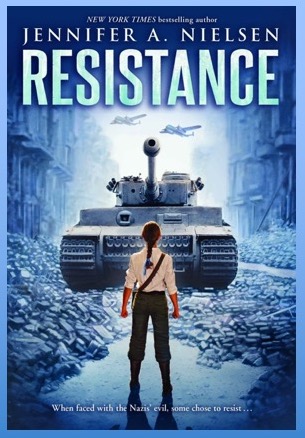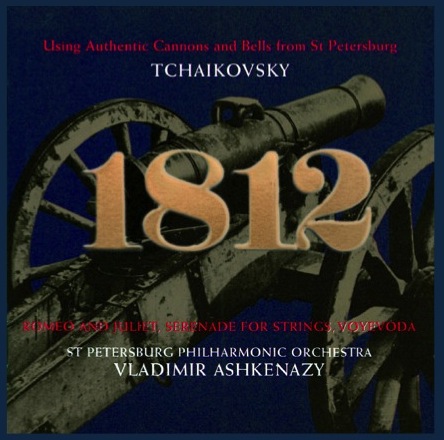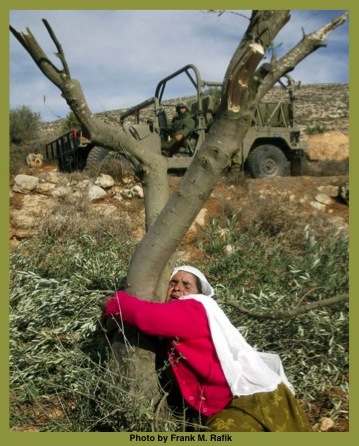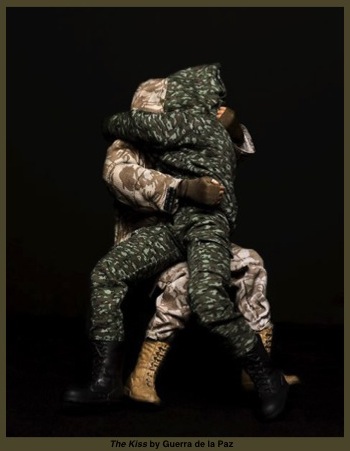Some of ya’ll have seen these before, but today is the day for it.
Pixilated
Round and round like a crystal spinning,
my father’s stories stirred
the magic behind my eyes.
Pixilated—fairy-led—that’s what I was,
entranced by his wit,
a slave to my ears, learning
the proper way to tell a proper story.
Dad told many stories.
Some of them were even true.
At seventeen, he lied about his age,
enlisted in the Army to fight the Kaiser:
World War I, the Big Show, the adventure,
to show the Evil Hun
Yankee what-for over there.
“Saw action at Saint Mihel
and at the Ardogne Forest.â€
That’s the only story I have
of the charnel house he fought through—
from his discharge papers of 1919,
fresh from the convalescent hospital,
recovering from the poison gas he’d tasted.
If I can hardly comprehend
that flesh of my flesh lived through
that ancient, distant conflict,
looking at me, I imagine,
he couldn’t quite fathom himself
that more than forty years on from that time,
he’d been given new life.
Dad told many stories.
Some of them were even true.
But he never spoke of that horror,
and when I queried of glorious battles,
as children like so much to do,
loquacious Dad broke into silence.
Shifting his eyes to the floor,
he’d mutter, “Enough, now.
You don’t want to hear about that.â€
He’d turn the stories neatly
to French m’amselles, especially one
whose father had a cafe in Paris;
to the time he was a cook
on a fishing boat out of Juneau
and the walls of water inside a gale
nearly sent them to the bottom;
or to the lightning strike which took out the boy
sitting next to him on a fence watching baseball . . .
Years after he died I learned the truth
of 1918, that horrible year of mud and carnage
I’ll never truly understand,
though I’ve heard other men’s stories
of sacrificed youth at a bloody altar,
seen grainy black and white photos and films,
peering anxiously at each young Yank,
hoping to see, hoping not to see
the child who would become my father.
Round and round swirled liquid in amber,
the whisky spinning in my father’s bottle,
hot on his lips, straight, no glass, burning
through to that space of not remembering.
Pixilated—demon-led—that’s what he was,
wandering a dark and lonely forest, mute,
trapped by his Celtic blood and all the blood
he’d seen, slave to memories which had no story.
PJ Thompson
And happy birthday, Auntie Maxine.
Maxine
Spring went screaming through the hills—
orange yellow green white purple—
dying to be noticed, all along the road
as we drove away from your sickbed.
“Life gives us clichés,†I said.
But the harsh comfort of spring remained.
The dark sky broke apart, the sun
muscled through, burning on the hills,
forcing on us the heartbreak of blue sky.
I want to believe you are in that sky.
I do believe you are in that sky,
or laughing in the hills you loved,
bare toes trailing clouds of wildflowers.
PJ Thompson






